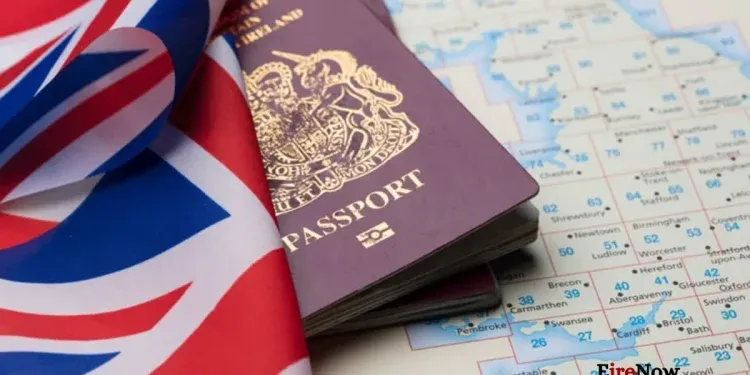The UK government is reportedly taking stricter measures on immigration, with a strong indication that the period required to obtain Permanent Residence (PR) may be extended from the current five years to ten. This move follows a debate in the British Parliament on petitions that had gathered sufficient public votes. This potential policy change is a significant concern for thousands of Malayali professionals, especially those working in the healthcare sector, including nurses.
During a three-hour parliamentary debate on the 8th of this month, several Members of Parliament (MPs) participated, raising concerns voiced by their constituents. Malayali MP Sojan Joseph from Ashford highlighted the contributions of foreign workers, particularly those in the NHS, and expressed that the new policy has created anxiety among many families.
However, the government adopted a firm stance during the debate, stating that it will enforce stricter laws to control illegal and uncontrolled immigration. Despite this, the government did not provide a clear assurance as to whether the new laws would be retrospectively applied to those currently residing in the UK.
Many MPs expressed that it would be an act of ingratitude to dismiss the PR aspirations of foreign workers who arrived during the COVID-19 pandemic. Many of these individuals are nearing the completion of their five-year stay, a requirement for obtaining PR. If the new law is implemented with immediate or retrospective effect, they would have to wait for up to ten years instead of five.
The government has announced that a public consultation on the matters raised in the petitions will be launched soon. The outcome of this consultation will be a key factor in deciding the new PR-related laws. However, there is a growing opinion that a public consultation of this nature, which is not a common occurrence, may not be favorable. The future of those awaiting PR will depend heavily on the questions included in this consultation. If the only question is whether the PR eligibility period should remain at five years or be increased to ten, there is a fear that native residents might support the government’s proposal for a ten-year waiting period.
Expatriate organizations and local associations will need to unite to provide a strong response to the consultation to succeed. The feasibility of this collective effort remains to be seen. If the waiting period is increased from five to ten years, it will have a significant impact on the Malayali community in the UK. Thousands of Malayalis in the healthcare sector, in particular, came to the UK with the expectation of obtaining PR after five years. An extension to ten years would cause uncertainty regarding their families’ stability, children’s education, and future plans.
Many who are about to complete their five years in the UK have reported experiencing mental stress due to this uncertainty. They also argue that if this plan is implemented, it could lead to a skill shortage in the UK and widespread exploitation. Furthermore, they pointed out in the Westminster Hall debate that it would have a negative impact on the British economy. The debate was triggered by two different petitions: one seeking to prevent the extension of the Skilled Worker visa’s Indefinite Leave to Remain (ILR) eligibility from five to ten years, and another to exempt British Overseas Citizens from Hong Kong from these new restrictions.
The first petition, which also affects the Malayali community, had over 165,000 signatures, while the second had over 108,000. However, the government’s stance was favorable toward the petition concerning British Overseas Citizens from Hong Kong.







